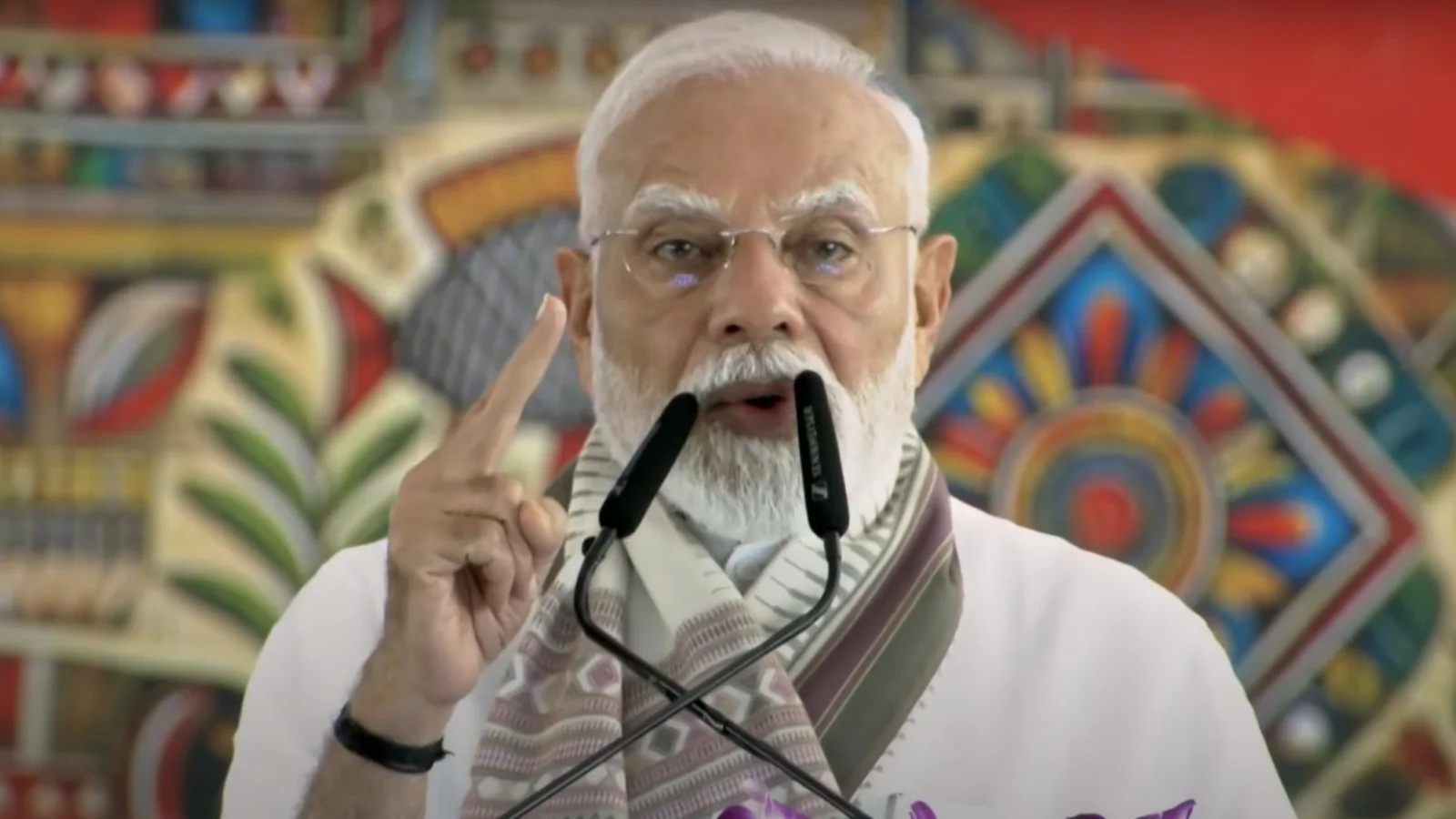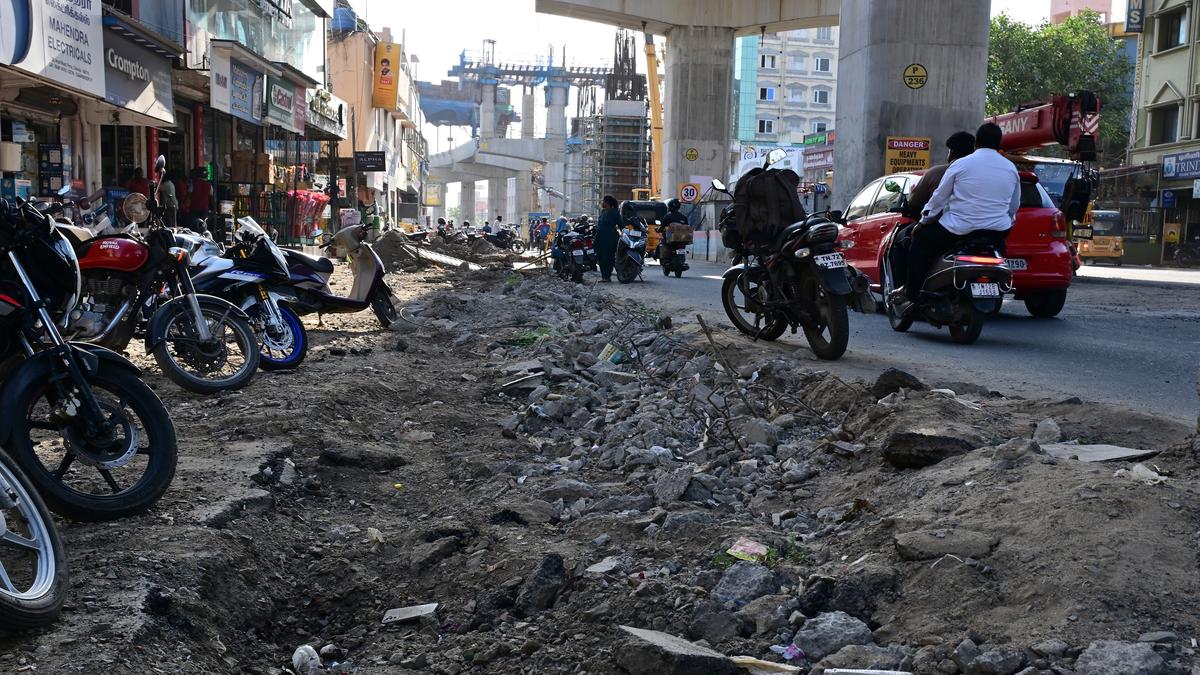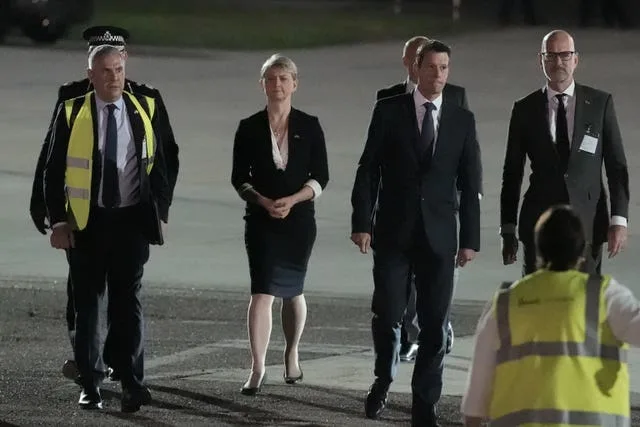By News18,Tuhin A Sinha
Copyright news18

In the landscape of modern Indian history, no other leader has left an indelible mark as Prime Minister Narendra Modi. Over the past decade, his tenure has been defined by bold, transformative reforms that have reshaped India’s economy, society, and global standing. From empowering women and modernising infrastructure to fostering self-reliance and digital innovation, PM Modi’s initiatives have addressed long-standing challenges with unprecedented vision and execution. Drawing from a comprehensive overview of his key achievements, it is not difficult to decode as to why PM Modi stands as India’s greatest reformer, driving the nation toward a brighter, more prosperous future
Revolutionising Infrastructure
One of the cornerstones of PM Modi’s reform agenda has been the massive overhaul of India’s infrastructure, particularly the Indian Railways. Under his leadership, the network has expanded dramatically with the introduction of 41 Vande Bharat Express services, connecting 24 states and 256 districts through broad gauge electrified lines. This not only promotes efficient, eco-friendly transportation but also boosts economic connectivity across the country.
In December 2023 alone, six new routes were inaugurated, including links from Katra to New Delhi and Amritsar to Delhi, symbolizing a commitment to inclusive growth. Such developments have modernised travel, reduced environmental impact, and stimulated regional economies, showcasing Modi’s foresight in building a robust foundation for India’s progress.
Empowering Women
Modi’s reforms have placed a strong emphasis on women’s empowerment, recognising it as essential for national development. The Lakhpati Didi Yojana exemplifies this by providing financial assistance to women, enabling them to launch businesses and achieve financial independence. This initiative has transformed countless lives, turning homemakers into entrepreneurs and fostering economic self-reliance at the grassroots level.
Complementing this is the Pradhan Mantri Ujjwala Yojana, launched in 2016, which delivers free cooking gas connections to Below Poverty Line families. By promoting clean energy access, it has improved health outcomes, reduced drudgery for women, and enhanced overall living standards for millions.
Further innovating in this space, the Namo Drone Didis Initiative trains rural women as drone pilots for agricultural applications. Equipping 15,000 women-led Self-Help Groups with drones for tasks like crop monitoring and sowing, it opens new income avenues and integrates technology into traditional livelihoods, marking a revolutionary step in gender-inclusive rural development.
Bolstering National Security
In an era of global uncertainties, Modi’s focus on defence self-reliance has been a game-changer. By promoting indigenous manufacturing, India has advanced in producing artillery, submarines, combat aircraft, and missile systems. The fully homegrown BrahMos missile stands as a testament to this progress, alongside surging defence exports. This reform not only strengthens national security but also positions India as a global player in defence technology, reducing dependency on imports and fostering innovation.
Modernising Justice
Modi’s government has boldly reformed India’s legal framework by replacing outdated colonial-era laws. In December 2023, three bills were introduced to overhaul the Indian Penal Code (1860), Code of Criminal Procedure (1973), and Indian Evidence Act (1872). This modernization streamlines the criminal justice system, making it more efficient, victim-centric, and aligned with contemporary needs, thereby enhancing rule of law and public trust.
Digitising the Nation
Launched in July 2015, the Digital India Programme has been pivotal in transforming India into a digitally empowered society. By ensuring widespread access to digital services, bridging the urban-rural divide, and promoting digital inclusion, it has created a knowledge-based economy. From online governance to financial transactions, this initiative has democratised information and services, empowering citizens and driving economic efficiency.
Cleanliness as a National Movement
The Swachh Bharat Mission has turned cleanliness into a mass movement, encouraging citizens to maintain hygienic environments. It launched an ‘open defecation free’ campaign, accelerating toilet construction and declaring 25 states open defecation free. Supported by measures like the Swachh Bharat Cess, this reform has improved public health, sanitation, and civic pride, proving that systemic change can stem from collective action.
Advancing Social Justice
In a landmark move for gender equality, Modi’s administration championed the ban on triple talaq in the Muslim community, following a Supreme Court verdict. Despite opposition, a bill introducing penalties passed the Lok Sabha, aiming to protect women’s rights and promote social harmony. This reform underscores Modi’s commitment to uniform civil rights and dismantling discriminatory practices.
Enhancing Transparency in Religious Endowments
A pivotal reform in the realm of social justice and administrative efficiency, the Waqf (Amendment) Act, 2025, represents Modi’s dedication to modernising India’s religious endowment systems while curbing misuse and enhancing accountability. Introduced in 2024 and enacted after rigorous parliamentary scrutiny by a Joint Parliamentary Committee, the Act amends the 1995 Waqf Act to introduce mandatory registration of waqf properties, inclusion of two non-Muslim members on state Waqf Boards for broader oversight, and verification of properties by District Collectors to prevent unauthorized claims.
It also mandates that only practicing Muslims can create waqfs, streamlines dispute resolution by allowing appeals to High Courts, and empowers women through reserved seats on boards. By addressing issues like land encroachments and corruption—highlighted in scandals such as the Karnataka Waqf Board case—the Act ensures that waqf assets, spanning millions of acres, are utilized transparently for charitable and religious purposes, benefiting marginalized Muslim communities and reinforcing equitable governance.
Manufacturing Powerhouse
The Make in India Initiative has attracted global investments by liberalising Foreign Direct Investment in 25 sectors. This has elevated India’s rankings in ease of doing business, global competitiveness, and logistics performance. By encouraging domestic manufacturing, it has created jobs, boosted exports, and integrated India into global supply chains, solidifying its economic resurgence.
A Legacy of Transformation
Prime Minister Modi’s reforms over the last decade have not only addressed immediate challenges but have laid the groundwork for a self-reliant, inclusive, and progressive India. From infrastructure leaps and women’s empowerment to digital revolutions and legal overhauls, his leadership has touched every facet of national life. By blending innovation with tradition, Modi has propelled India onto the world stage as a dynamic power. It is this holistic, unwavering approach to reform that cements his status as India’s greatest reformer, inspiring generations and charting a path to Viksit Bharat.
The writer is a national spokesperson of BJP and an author. Views expressed are personal and do not necessarily reflect News18’s editorial stance.



